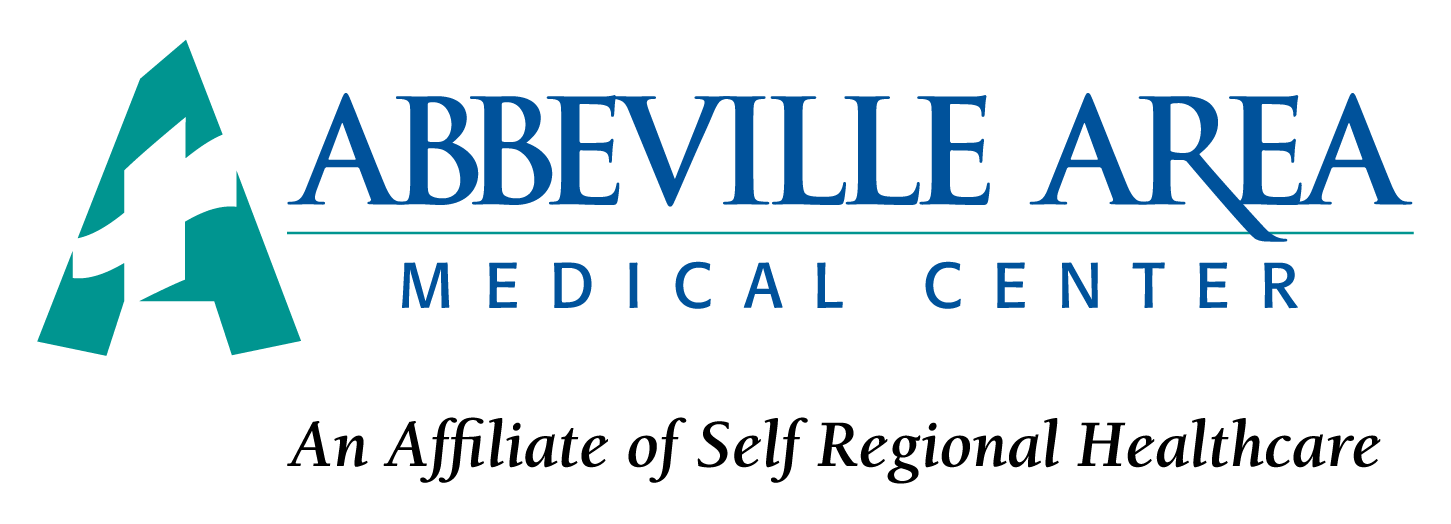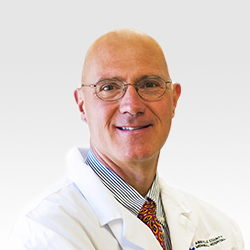Transoral Incisionless Fundoplication (TIF) is a surgical procedure that offers relief from Gastroesophageal Reflux Disease (GERD) without surgical incisions. TIF is a less invasive restoration of the anti-reflux barrier that does not require internal incisions or dissection. Most patients are able to return home the next day and return to work and normal activities within a few days.
Dr. Chris Ceraldi is the only surgeon in our area that is trained to perform this surgery.
During the procedure, with the patient under general anesthesia, surgeons insert a device equipped with a small camera through the patient’s mouth toward the stomach. Surgeons manipulate the device to make and fasten several folds of tissue (plications) and create an anti-reflux valve at the connection of the stomach and esophagus. The majority of TIF patients are able to return to eating foods that they could not previously tolerate and are able to stop taking medication two years after the procedure.
Are you a candidate for TIF?
- If you suffer from GERD, you may be a candidate for TIF if you:
- Regularly experience troublesome symptoms of GERD
- No longer respond adequately to pharmaceutical therapies
- Are concerned about the long-term effects of taking proton pump inhibitors
- Are considering surgery but are concerned about complications and potential side effects of laparoscopic anti-reflux surgery
Benefits of TIF include:
- No external skin incisions or scarring
- No internal cutting, leading to a more rapid recovery
- No limitation to future treatment options
- Can be revised if needed
What is GERD?
GERD occurs when the muscles surrounding the valve between the esophagus and the stomach becomes weak and allows acid from the stomach to leak upward into the esophagus.
When weakened, this valve can allow stomach acid and food to surge upwards into the esophagus, causing painful heartburn and indigestion.
Symptoms of the condition may include a burning sensation in the chest or abdomen, indigestion, regurgitation, difficulty sleeping after eating, hoarseness or sore throat.
For many people, symptoms can occur several times a day, particularly at night when a person lies down to go to sleep.
Diet and lifestyle may also make a person more susceptible to GERD. Eating fried, fatty or spicy foods, caffeinated beverages, alcohol and chocolate, as well as obesity, pregnancy, smoking and the natural aging process can worsen the symptoms of GERD.
If left untreated, reflux may lead to respiratory problems, ulceration of the esophagus or even esophageal cancer.
Individuals who think they may have chronic heartburn should see their physician or gastroenterologist to determine the cause and severity of the problem, the proper steps to take to improve their condition, and to determine if he or she is an appropriate candidate for surgical treatment.


